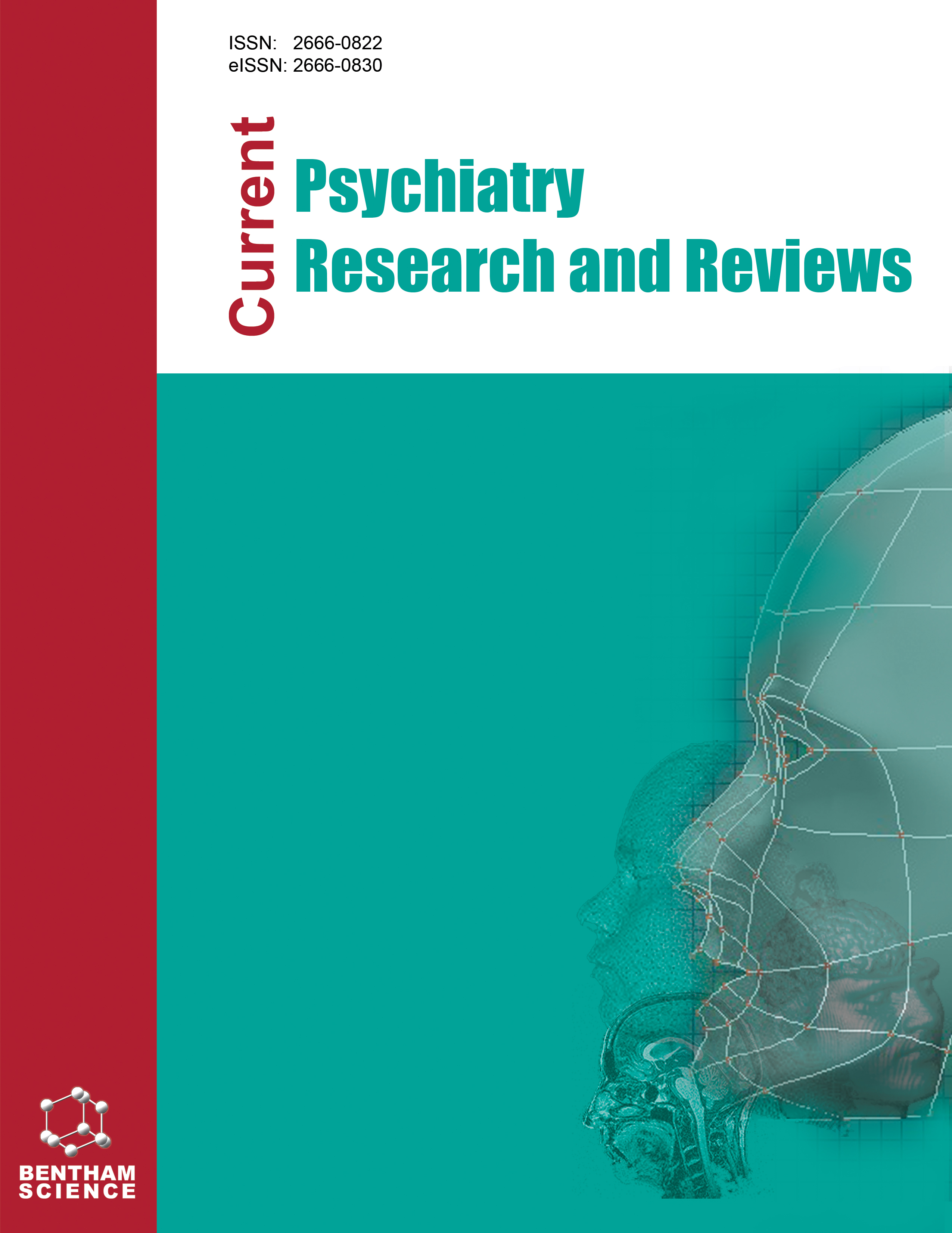-
s Epigenetics, Gender, and Sex in the Diagnosis of Depression
- Source: Current Psychiatry Research and Reviews, Volume 15, Issue 4, Dec 2019, p. 277 - 289
-
- 01 Dec 2019
Abstract
Background: A marked sexual dimorphism exists in psychiatric diagnoses. Culture derived gender bias in diagnostic criteria is one explanation. Adverse childhood events, including sexual and physical abuse, are more reliable and consistent predictors of later psychiatric diagnoses, including depression and post-traumatic stress disorder. Some interesting interactions between genes and experience have been uncovered, but the primary effect appears to be epigenetic with life experience altering gene expression and being transmitted to subsequent generations. Objectives: To determine if reconceptualizing depression as encompassing both internalizing and externalizing strategies would eliminate gender differences in the diagnosis of depression Methods: We reviewed 74 life stories of patients, collected during a study of the effect of physicians’ knowing patients’ life stories on the quality of the doctor-patient relationship. Looking at diagnoses, the prevalence of women to men was 2.9 to 1. We redefined depression as a response to being in a seemingly hopeless situation accompanied by despair, either externalizing ((more often diagnosed as substance use disorders, impulse control disorders, antisocial personality disorder, or bipolar disorder) or internalizing (the more standard diagnosis of depression). Then we reviewed these life stories from that perspective to determine how many would be diagnosed as depressed. Results: With this reconceptualization of depression, the sex ratio changed to 1.2 to 1. Conclusions: From this perspective, men and women are equally likely to respond to hopelessness, though men are more socialized to externalize and women to internalize. Considering depression in this way may help to better identify men at risk for suicide.


